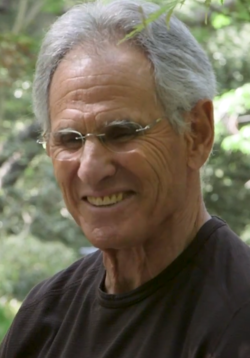Jon Kabat-Zinn Quote
Feeling threatened can easily lead to feelings of anger and hostility and from there to outright aggressive behavior, driven by deep instincts to protect your position and maintain your sense of things being under control. When things do feel under control, we might feel content for a moment. But when they go out of control again, or even seem to be getting out of control, our deepest insecurities can erupt. At such times we might even act in ways that are self-destructive and hurtful to others. And we will feel anything but content and at peace within ourselves.
Jon Kabat-Zinn
Feeling threatened can easily lead to feelings of anger and hostility and from there to outright aggressive behavior, driven by deep instincts to protect your position and maintain your sense of things being under control. When things do feel under control, we might feel content for a moment. But when they go out of control again, or even seem to be getting out of control, our deepest insecurities can erupt. At such times we might even act in ways that are self-destructive and hurtful to others. And we will feel anything but content and at peace within ourselves.
Related Quotes
About Jon Kabat-Zinn
Jon Kabat-Zinn (born Jon Kabat, June 5, 1944) is an American professor emeritus of medicine and the creator of the Stress Reduction Clinic and the Center for Mindfulness in Medicine, Health Care, and Society at the University of Massachusetts Medical School. Kabat-Zinn was a student of Zen Buddhist teachers such as Philip Kapleau, Thich Nhat Hanh, and Seung Sahn, and a founding member of Cambridge Zen Center. His practice of hatha yoga, Vipassanā and appreciation of the teachings of Soto Zen and Advaita Vedanta led him to integrate their teachings with scientific findings. He teaches mindfulness, which he says can help people cope with stress, anxiety, pain, and illness. The stress reduction program created by Kabat-Zinn, mindfulness-based stress reduction (MBSR), is offered by medical centers, hospitals, and health maintenance organizations, and is described in his book Full Catastrophe Living.
